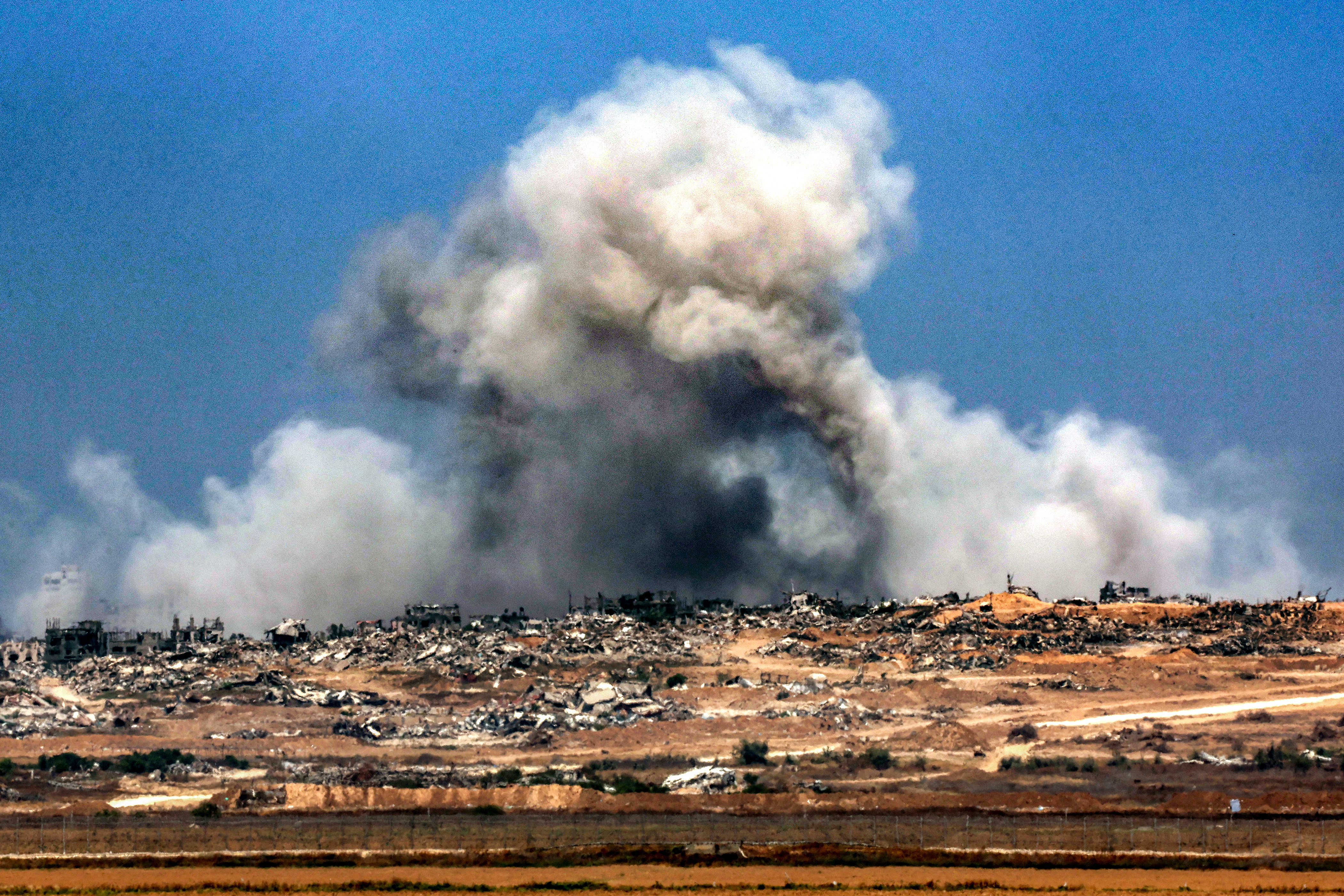
JERUSALEM / GAZA - The Israeli military said on Saturday its forces had killed at least two senior members of the Palestinian Mujahideen Movement in strikes in Gaza City, including a commander accused of involvement in the deadly Oct 7 attack on Israel.
The Israel Defense Forces (IDF) and the Shin Bet security agency said in a joint statement that As'ad Abu Sharaiya, head of the Mujahideen Brigades -- the armed wing of the Palestinian Mujahideen Movement -- was killed in a joint operation. They accused Abu Sharaiya of playing "a key role" in the Hamas-led assault in 2023 and being "directly involved in the abduction, detention, and killing of Israeli hostages."
In a separate strike, Mahmoud Muhammad Hamid Kuhail, another militant said to have participated in the October 2023 assault, was also killed. There was no immediate comment from Palestinian militant groups on the deaths.
Meanwhile, Hamas' armed wing, the al-Qassam Brigades, claimed Israeli forces were besieging a site in Gaza where an Israeli hostage, identified by spokesperson Abu Obeida as Matan Zangauker, is believed to be held. Abu Obeida warned that "the enemy will not be able to recover him alive."
ALSO READ: Israel faces strategic dilemma in Gaza
Israel has not publicly responded to the claim, though Israeli media have reported that ongoing military operations are being conducted with caution to avoid harming remaining hostages.
Also on Saturday, the IDF issued an evacuation warning for residents in two areas of the northern Gaza Strip ahead of strikes.
The warning applies to the Abd al-Rahman neighborhood in the northwest of Gaza City and the Nahda neighborhood in the Jabalia refugee camp, IDF spokesperson Avichay Adraee announced on social media platform X.
READ MORE: US vetoes UN Security Council Gaza ceasefire resolution
"This is an advance warning before the attack. The IDF will strike every area that is used to launch rockets," the warning read, urging residents "evacuate immediately to the south."
Israel continues to strike the Gaza Strip as the Palestinian enclave grapples with worsening humanitarian conditions, marked by large-scale destruction, limited access to aid, as well as severe shortages of food, water, and medical supplies.


